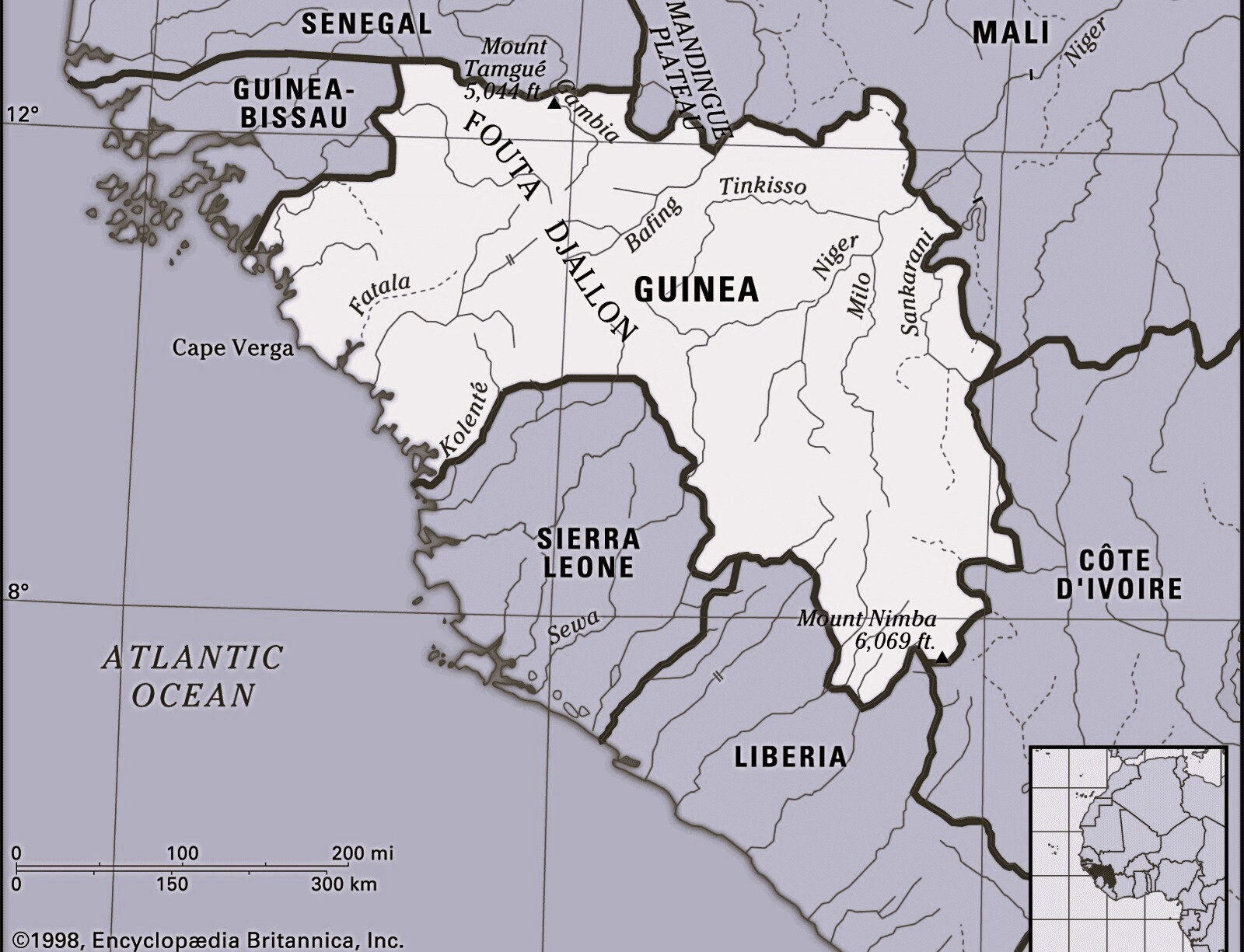您想继续阅读英文文章还
是切换到中文?
是切换到中文?

THINK ALUMINIUM THINK AL CIRCLE

GAC (Guinea Alumina Corporation), the bauxite mining wing operating in Guinea has had become extensively dependent on the African country’s bauxite resources. Supporting the statement is the number, wherein the company exported 10.8 million tonnes of bauxite in 2024 alone, a noteworthy volume contributing to both EGA’s own needs and the global aluminium value chain. A portion of this bauxite also went for the supplies of EGA’s Al Taweelah alumina refinery in Abu Dhabi. On July 3, the Guinean military junta finally cancelled Emirates Global Aluminium’s (EGA) mining contract, stripping Guinea Alumina Corporation (GAC) of its operating license. Today, we try answering the ‘why’ and add value-added context to the recent industry-impacting turn of events.
{alcircleadd} Image for referential purposes only (source: Britannica)
Image for referential purposes only (source: Britannica)
Guinea’s actions for the past couple of months suggest that their bauxite boom is fast colliding with resource nationalism. The West African nation, endowed with more than 7.4 billion tonnes of bauxite (the world’s richest untapped reserve), is no longer content with being a raw material warehouse for aluminium giants.
The past: Guinea as the world’s raw bauxite conveyor belt
Guinea’s rise as a bauxite powerhouse began in the late 2000s, but it accelerated post-2015 when Chinese firms, starved of domestic ore and constrained by Indonesian and Malaysian export curbs, turned to Conakry. Between 2015 and 2023, Guinea’s bauxite exports quadrupled, making it the largest supplier to China. EGA, owned by Abu Dhabi’s sovereign wealth fund Mubadala and the Investment Corporation of Dubai, joined the party in 2019, pouring over USD 1.4 billion into the GAC project. By 2022, GAC was exporting 14 million tonnes of bauxite annually to EGA’s refineries in the UAE.
…and so much more!
SIGN UP / LOGINResponses








